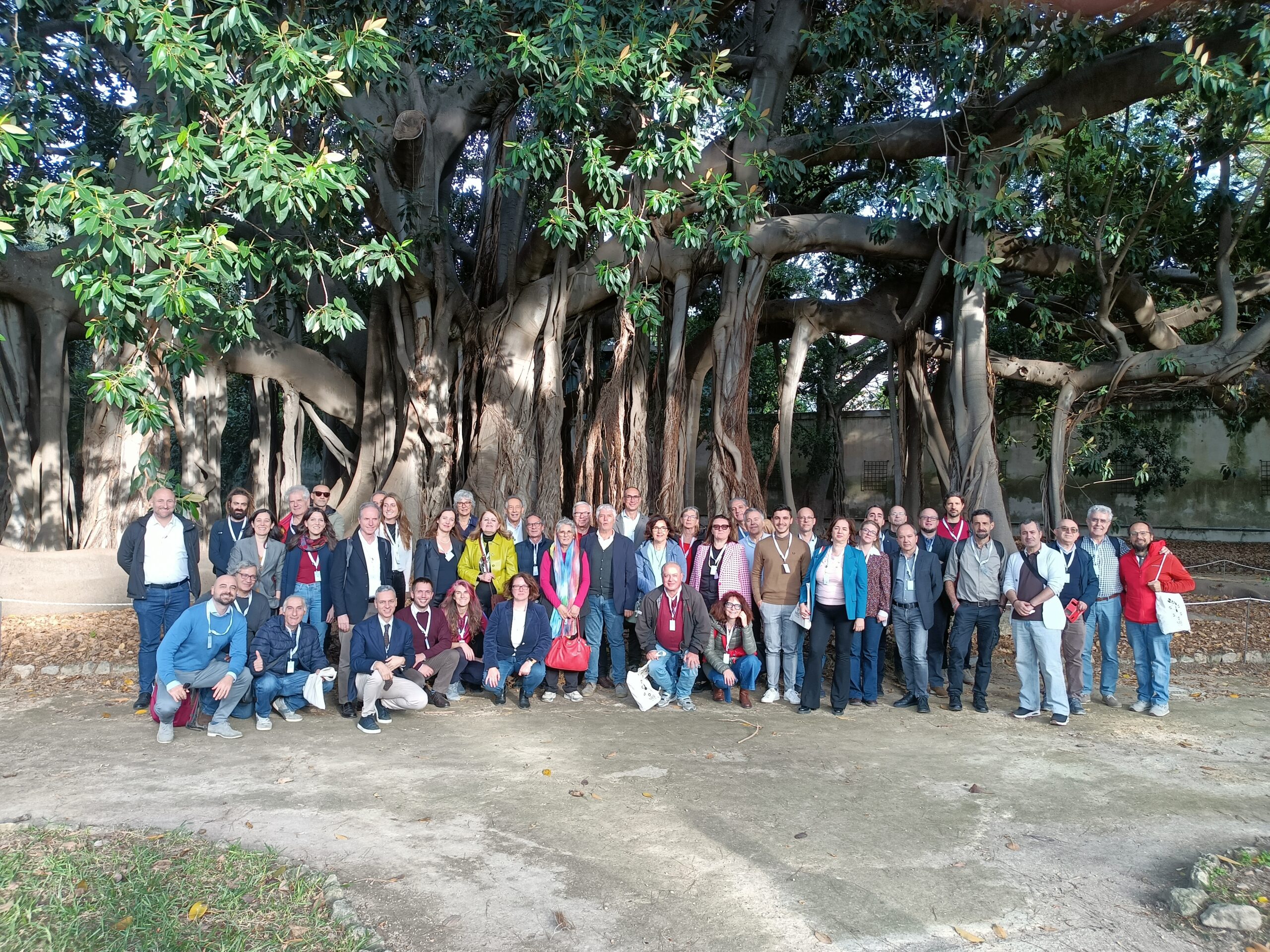Nominations are open for the 2025 Edition of the Eni Award for five different categories:
- Advanced Environmental Solutions (apply by November 15, 2024)
- Energy Transition and Energy Frontiers (apply by November 15, 2024)
- Young Researcher of the Year (apply by November 15, 2024)
- Young Talents from Africa (apply by December 20, 2024)
- “Eni for Innovation” Recognitions for our researchers (apply by January 31, 2025)
The Eni Award has become an international benchmark for energy innovation. Its history began in 2008, when it was included in the Eni Technological Master Plan with the aim of developing a better use of energy sources, promoting science and technology applied to the environment and supporting new generations of researchers.
The Award has evolved in the years: since 2017, it has opened up to Africa’s scientific talent and has included research on sustainability and access to energy, in line with the United Nations’ Sustainable Development Goals. The Eni Award also includes a section for the best PhD theses and prizes for technological innovations developed by Eni researchers and technicians. Today, the Eni Award involves both leading scientific institutions around the world and Eni’s Research Centres.
The Eni Award has honoured highly prestigious figures: for example, Canadian scientist Barbara Sherwood Lollar was selected for her work on the application of stable isotope geochemistry to the protection of aquifer resources and of the environment. She became famous for her studies on the presence of water on Mars. Italian researcher Roberto Danovaro was honoured for his studies on the marine environment and its role in the CO2 cycle. In December 2020, Danovaro was selected by Expertscape as the world’s leading scientist in the oceans and seas category.
Since its establishment, the Eni Award has involved prominent scientists, among them John Craig Venter, known for his sequencing of the human genome, Gérard Férey, a researcher of nanoporous hybrid and inorganic solids (who died in 2017), and Emiliano Mutti, one of the fathers of modern Italian geology. Giorgio Parisi and Klaus Hasselmann, winners of the 2021 Nobel Prize in Physics, were both Eni Award winners. Giorgio Parisi was previously a member of the Award’s Scientific Committee.



 Italiano
Italiano





